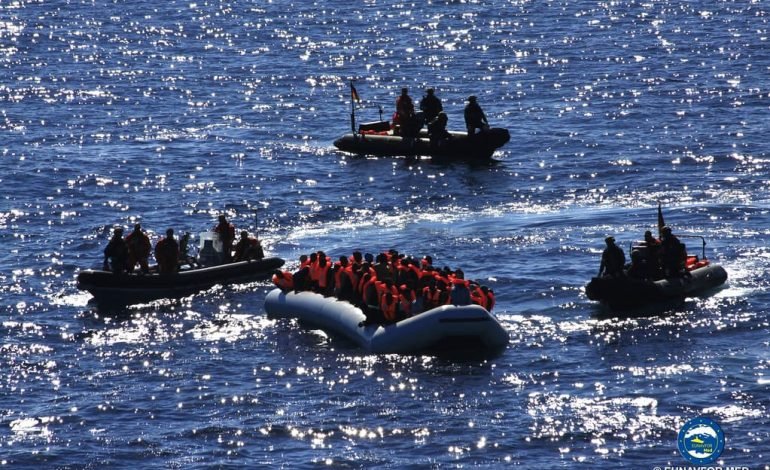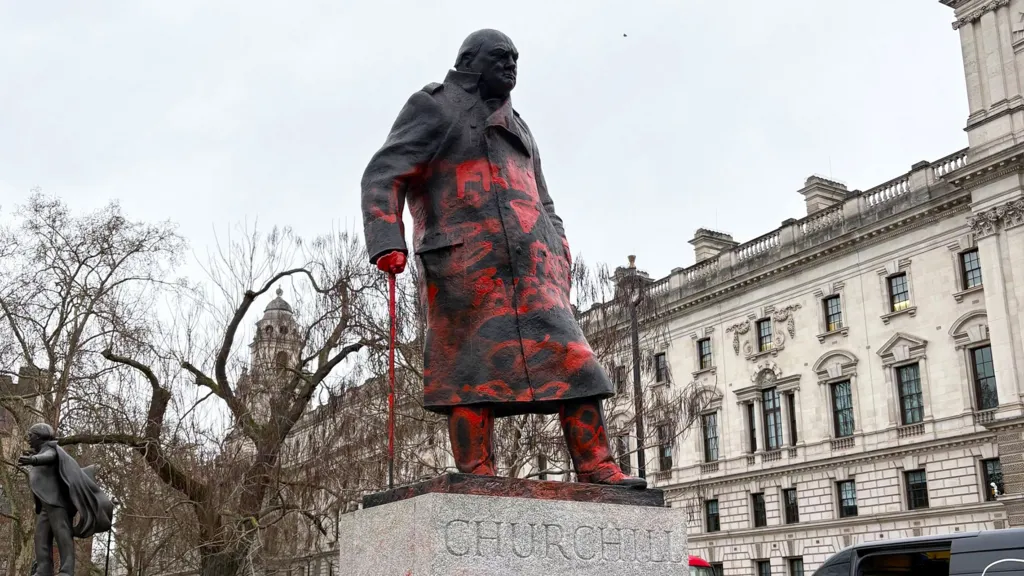
A tragic incident unfolded in the English Channel as six children and a pregnant woman were among 12 people who died when a migrant boat sank off the French coast. This marks the deadliest loss of life in the Channel this year, prompting renewed calls for action against dangerous small boat crossings. The boat, which was overloaded and reportedly had its bottom ripped open, capsized near Cape Gris-Nez, close to Boulogne-sur-Mer. Rescue operations managed to save more than 50 people, though two are in critical condition. According to French authorities, most victims were believed to be of Eritrean origin, although exact nationalities remain unconfirmed.
The growing crisis of migrant crossings in the Channel continues to be a pressing concern for both the UK and France. Before this latest tragedy, 30 people had already died attempting to cross the Channel in 2024, the highest number recorded since 2021, when 45 deaths were documented. French Interior Minister Gérald Darmanin noted that while French authorities prevent 60% of small boat departures, people smugglers continue to cram up to 70 individuals on boats designed for far fewer passengers, resulting in increasingly deadly shipwrecks.
Calls for a UK-EU treaty on migration have intensified, with UK Home Secretary Yvette Cooper describing the incident as “horrifying and deeply tragic.” Cooper highlighted the dangers posed by smuggling gangs who exploit vulnerable migrants, packing them onto unseaworthy vessels even in treacherous weather conditions. She emphasised the importance of dismantling these smuggler networks and strengthening border security efforts.
Steve Smith, CEO of Care4Calais, a charity dedicated to assisting migrants in Calais, expressed his frustration at the frequency of such tragedies. He urged political leaders on both sides of the Channel to take immediate action, questioning how many more lives would be lost before these avoidable deaths are prevented. The rescue operation, involving helicopters, Navy boats, and fishing ships, was described as a coordinated effort, but one that came too late for many.
Since 2018, the number of people attempting the perilous journey across the English Channel has soared, with over 135,000 making the crossing. This year alone, more than 21,000 people have crossed, exceeding figures from the same period last year but slightly below the record numbers seen in 2022.
The UK government has pledged to address the issue, with Prime Minister Keir Starmer cancelling a controversial plan initiated by the previous Conservative government to send asylum seekers to Rwanda, a scheme that never took effect. Instead, Starmer has promised tougher measures to dismantle people-smuggling gangs. Downing Street reports that additional officers have been recruited to the National Crime Agency, and a Border Security Command has been established to bolster the fight against organised crime networks exploiting migrants.
However, critics argue that current measures are insufficient. Amnesty International UK has criticised the government’s focus on policing and punitive rhetoric, stating that such approaches will not resolve the underlying humanitarian issues driving these dangerous crossings. They stress the need for safe and legal routes for asylum seekers, which would undermine the business model of smuggling gangs and help prevent further tragedies.
As the UK and France grapple with the complexities of migration, the loss of life in the Channel serves as a stark reminder of the urgent need for cooperative and compassionate solutions. The ongoing debate highlights the need for immediate action to prevent such incidents from becoming a tragic norm.
For further insights into migration issues and the legal challenges faced by asylum seekers, visit Migration Observatory for comprehensive analysis and data.









